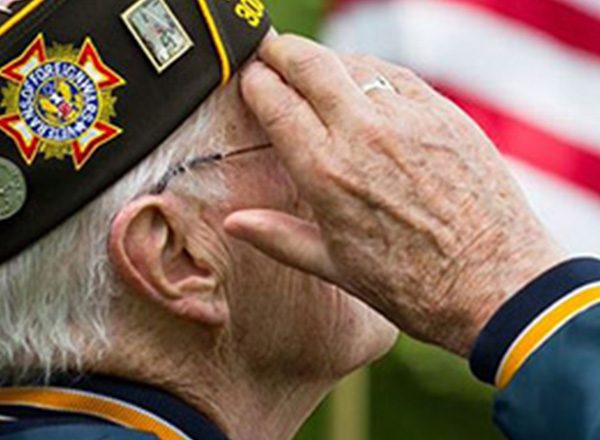In the spring of 2019, the Veterans Health Administration published the VHA Plan for Modernization, highlighting its path to high reliability. This document outlines the commitment to VA employees to “provide the right tools, processes, and technologies to bolster their customer experiences; increase their long-term satisfaction and pride in working for the VHA; and maximize their positive impacts on Veteran health and well-being.”
A Commitment to Improving Patient Outcomes
Part of this mission has been their commitment to the American Heart Association’s Resuscitation Quality Improvement program. This self-directed, digital learning platform allows learners to complete their training on their time, at their convenience. They complete the cognitive portion on any device with internet access and then perform their skills quarterly, right on-site in their hospital, many times during a break while on shift. Thus, keeping them at the bedside where they’re needed the most. Quarterly skills practice eliminates the proven skills decay that occurs around 3 – 6 months after the last training. Their brains and bodies are developing the muscle memory required to immediately jump into a code and know what to do, without giving it a second thought. This resuscitation training has greatly improved the quality of patient care and improved patient outcomes for our nation’s veterans.
The VA is now up to more than 153,000 enrollees systemwide and growing daily! That’s over 80% of their approximately 193,000 clinical staff and over 75 facilities that are now over 80% enrolled in the program. Although there is no mandate for staff to utilize this training method, enrollment has been steadily rising since its initial adoption in 2015. Many of their facilities are now looking at a program to teach ancillary staff hands-only CPR so they too can be prepared to save a life from Sudden Cardiac Arrest should that occur in an area where clinical staff are not readily available or even out in their community or in their own homes.
Helping Improving Resuscitation Competence
The RQI program also helps the VA meet the new standards for resuscitation outlined by both The Joint Commission and REdI, the Resuscitation Education and Innovation (REdI) program within the VA. REDi is a dedicated team committed to VA employees to provide the right tools, processes, and technologies to respond during a medical emergency.
“If we believe that competency-based training is the best option for our Veterans, it would seem that we are accepting different levels of care (quarterly vs. biennial training) which is unacceptable.” Clinical Educator – REdI Program Director.
This commitment to providing high-quality CPR for every veteran, every time will save many more lives and allow more veterans to go home to their families. RQI will continue to share in this mission and work with the VA to get ALL of their staff confident and competent in performing the highest level of CPR to provide the best possible care for our veterans and their families.
Click here to learn more about RQI and the VA and to hear about a great save performed by a psychiatric nurse from the VA Tennessee Valley Healthcare System.








